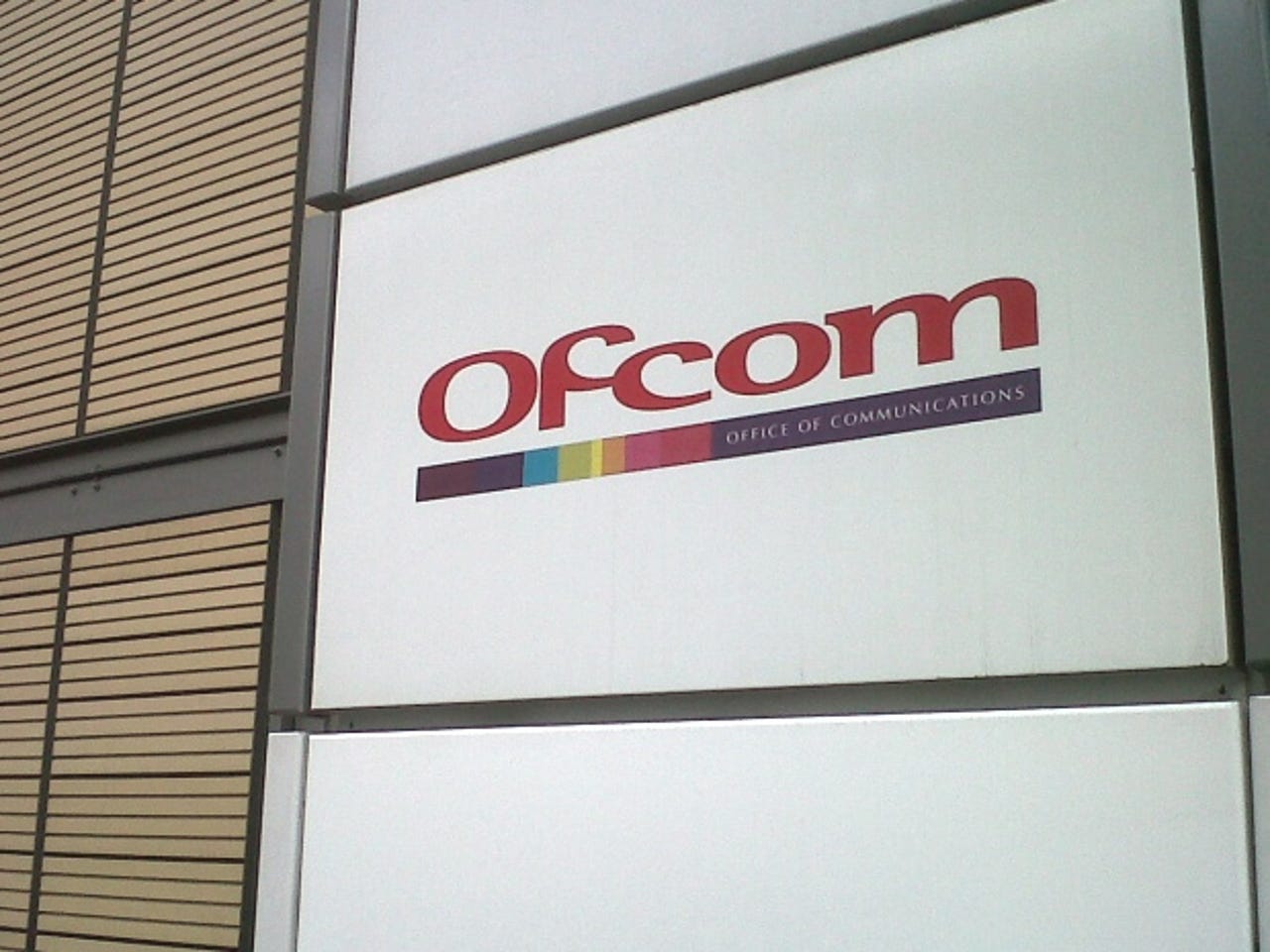Number crunch in the UK: Ofcom to pilot charges for phone numbers

Ofcom is to start charging communications providers for the phone numbers it allocates them, under a pilot scheme designed to mitigate a worsening shortage of numbers in some areas.

The pilot will begin on 1 April 2013, covering the 30 area codes that have the fewest numbers left for allocation. The telcos, such as BT, will have to pay Ofcom 10p per year for each number they are allocated, whereas they have until now been able to get them for free.
Ofcom said that, without a change to the system, numbers may start running out in some areas within months.
"We expect that charging CPs for their allocated numbers will improve incentives to use numbers efficiently," Ofcom said in an explanatory document, adding that providers would be likelier to return unused number blocks to Ofcom for reallocation.
Five-digit problem
The regulator also said it would be addressing the particular problem faced by telcos in areas with five-digital area codes — because of this longer code length, fewer numbers can be added afterwards, so fewer permutations are possible.
"New supplies of numbers are particularly scarce in the 11 five-digit area codes because their number structure provides only a tenth of the quantity of numbers available in most other area codes," Ofcom said. "We have investigated the feasibility of addressing the scarcity without affecting consumers in those areas, by making 100 blocks of 100 numbers in each of those area codes available from our existing supplies to [communications providers] requiring new numbers."
Ofcom competition group director Stuart McIntosh said in a statement that charging phone providers was "one of several measures Ofcom is introducing to safeguard the supply of numbers to homes and businesses for years to come".
"Ofcom will review the charging pilot scheme around two years after implementation," McIntosh added.
The other big change Ofcom has made to address the number problem is to force people in areas where stock is low to dial their area code when calling locally. The idea is to allow Ofcom to then allocate new local numbers that begin with a 0 or a 1, and Bournemouth will on 1 November become the first area where this rule comes into force.